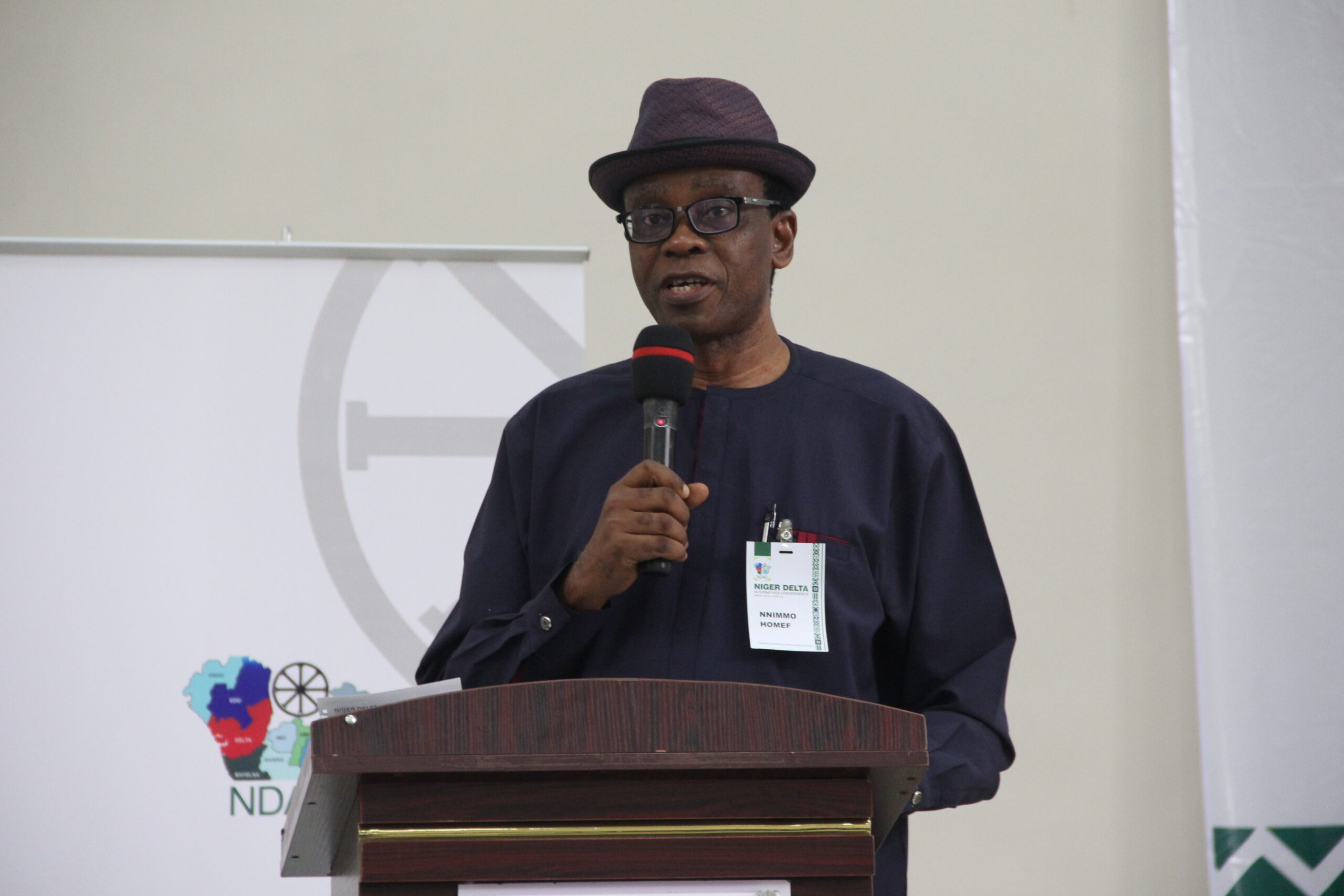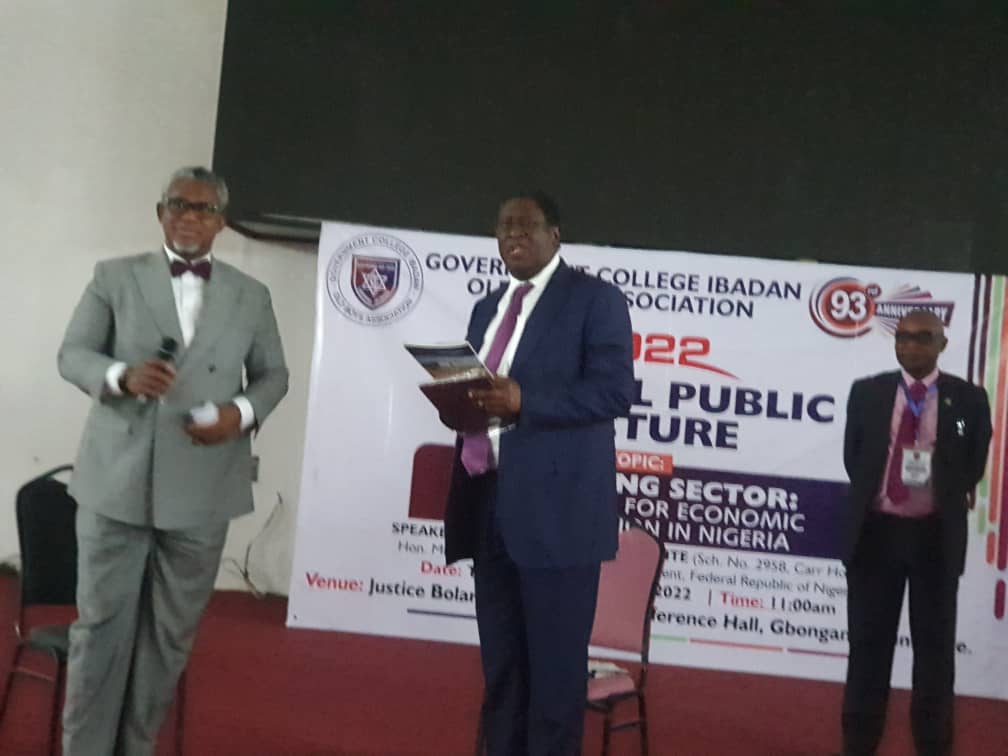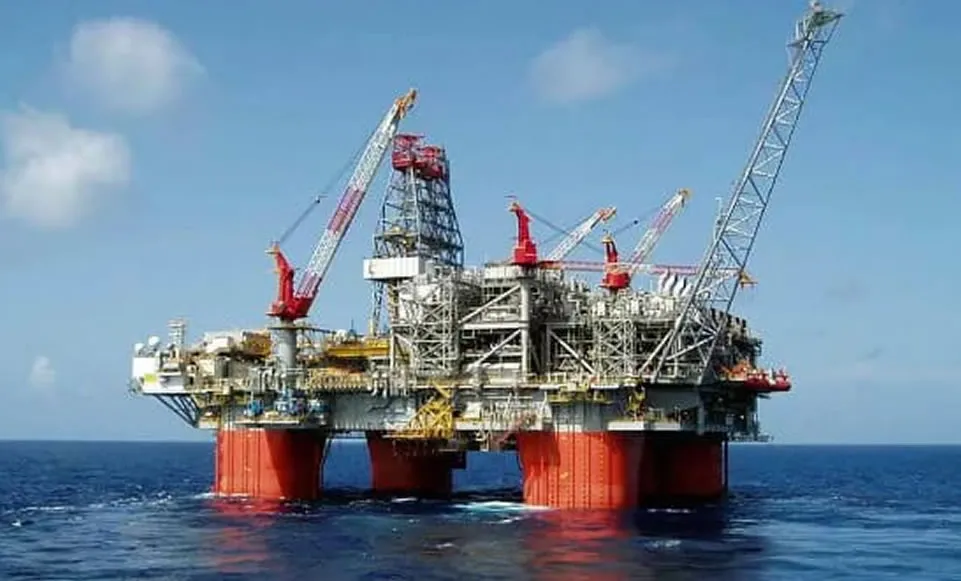By Nnimmo Bassey
Director, HOMEF
One of the biggest errors anybody can make is to see the ocean as limitless. Without a doubt, nothing on Earth is limitless. We live in a limited, blue planet, a tiny ball floating in the sea of galaxies loaded with larger planets and non-planets.
The notion that the ocean is limitless has attracted dreams of the extension of extractivism, grabbing of territories and resources, and limitless wealth to offset the human tendency for excessive consumption without intergenerational responsibility. On a smaller scale, we see people using rivers as drainage channels into which sewage and untreated industrial effluence may be dumped.
With very lax policing of our ocean, we can be sure that there is a high likelihood that official delineation of economic zones in our maritime areas will see reckless activities that would not only ruin local economies but damage our aquatic ecosystems beyond remedy. This prognosis is because 90 percent of the pollution in the Gulf of Guinea emanates from the Niger Delta.
This grim reality calls for the strict protection of our waters by checking the industrial activities onshore and offshore. With some international oil companies divesting and moving into deep waters after 64 years of ruinous onshore exploitation of oil and gas, it does not require a seer to see that their activities away from the watchful eyes of community eco-defenders will be atrocious. Sadly, the pollution will get to citizens through sea foods and the delivery of pollutants by the waves to the shorelines.
It should be alarming that by relying on satellite images alone, researchers identified 18,063 oil slicks in the period 2002-2012 covered by the images, mostly caused by spills from shipping vessels and offshore drilling platforms.
More reason to worry is the fact that economic activities envisioned within the blue economy prism include seabed extractive activities including the extraction of oil, gas, and other minerals. Other activities include marine biotechnology and bioprospecting which will pose particularly difficult regulatory oversight, seeing that basic modern agricultural biotechnology is poorly regulated in our nation.
The concept of the blue economy has been built on the back of the green economy. As we all know, the green economy concept gives the impression of ecological care while it is mostly about the marketization of Nature.
The green economy is majorly about imputing monetary values on the cycles of Nature, on the “services” that Mother Earth provides for her children — humans, other creatures, and elements. One key caution on this is that we must not presume that lineal economic growth is desirable or that it inevitably yields well-being. As we noted in our publication, Blue Economy Blues, it is a settled fact that economic growth does not necessarily indicate a good measure of human well-being.
There are cases where economies are said to be enjoying roaring growth whereas the rate of poverty in such societies was on the rise. As we cautioned, “Building a Blue Economy for the purpose of economic growth may actually be running off the mark.”
We are focusing on the Blue Economy, Divestments, and the End of the Fossil Age at this School of Ecology (SoE) with the aim of building understanding around the issues and at the same time advancing our proposal for a people-to-policy approach as regards our aquatic resources. We aim to promote a reflection on our socio-cultural approaches to the use of our water bodies by which we ensured the well-being of our peoples while defending the integrity of the ecosystems.
We are doing this against the backdrop of the projections that the fossil fuels age is running to an end whether we are ready or not and whether we like it or not. The meaning of the end of the fossil fuels civilization is that Nigeria must assiduously prepare for the imminent transition. That plan must include a setting aside of resources to clean up the entire Niger Delta as well as other coastline communities.
Without a plan, and a redefinition of development and progress, we may end up in a cemetery of junk technologies and bequeath to our children stranded assets in equally stranded communities. A mindless implementation of a Blue Economy may birth sea grab, beyond the coastal land grab and make ocean-dependent communities see red.
We all have a role in saving the environment.
See something, Say Something






